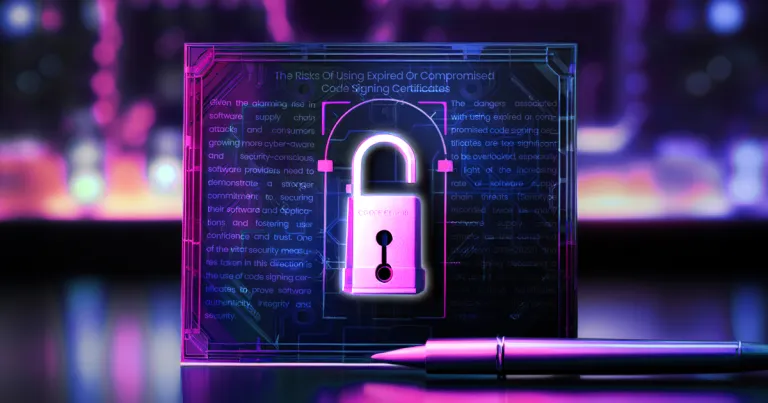- Malware Distribution: If a code signing certificate is compromised, attackers can use it to sign malicious code, making the software or updates appear legitimate. This allows them to distribute malware under the guise of a trusted source. Users are more likely to execute such code, putting their systems and data at risk.
- Impersonation Attacks: When a code signing certificate is compromised, the digital identity of the legitimate software publisher is essentially compromised. Attackers can use the identity to impersonate the developer, eroding trust and potentially causing financial and legal consequences for the organization.
- Legal and Reputational Impact: A compromised code signing certificate can have severe legal and reputational consequences for the affected software development organization if the signed code causes harm or damage to users or systems.
- Difficulty in Revocation and Remediation: Identifying and revoking a compromised certificate and cleaning up its misuse can be a complex and time-consuming process. In the meantime, users may continue to encounter compromised software that appears trustworthy and signed with the valid certificate.

